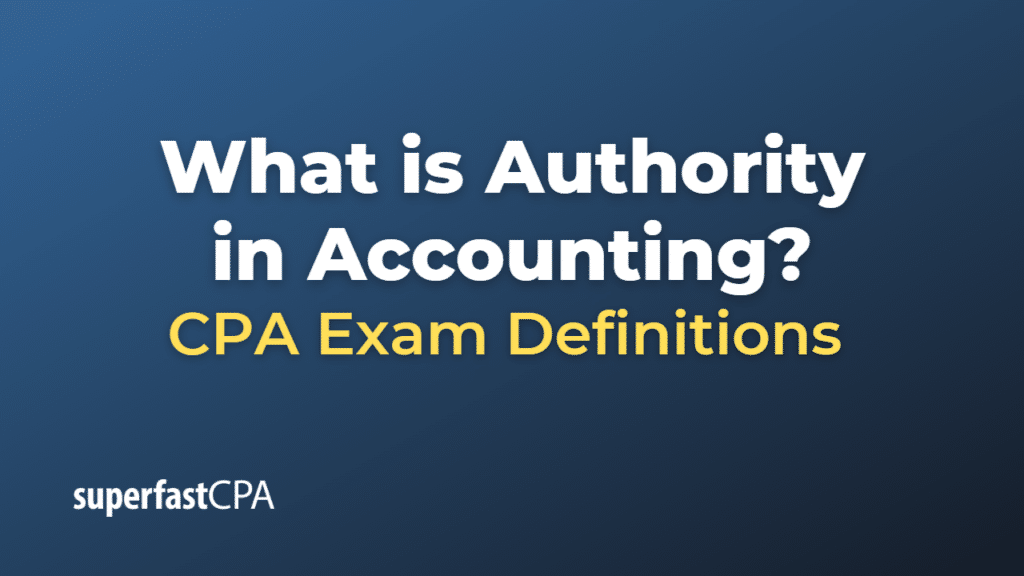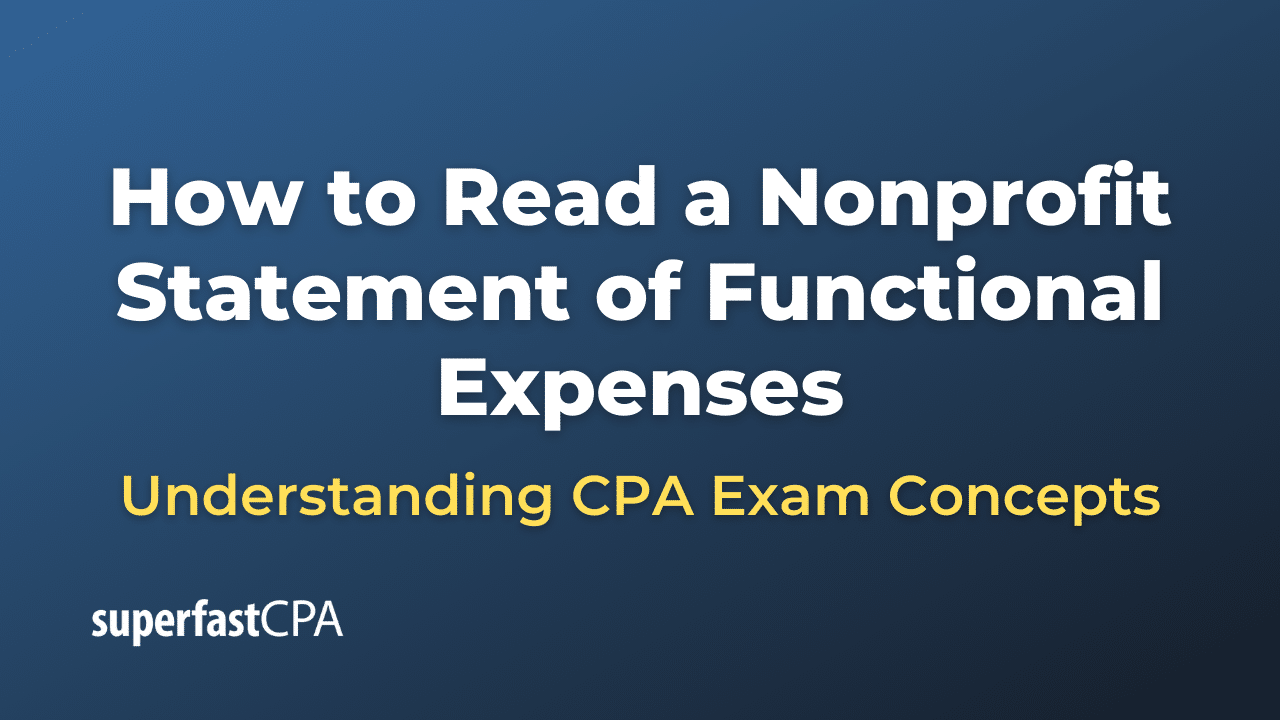Authority
In accounting, authority refers to the power or permission granted to an individual or a group within an organization to carry out specific tasks or make decisions related to financial matters. Authority is an essential aspect of an organization’s internal control system, as it helps to maintain accountability, ensure compliance with policies and procedures, and safeguard the company’s assets. Authority in accounting is often delegated through a hierarchical structure, with specific roles and responsibilities assigned to different individuals at various levels of the organization.
Examples of authority in accounting include:
- Approval authority: The power to approve financial transactions, such as purchases, payments, or budget allocations.
- Signing authority: The ability to sign checks or other financial documents on behalf of the organization.
- Decision-making authority: The responsibility to make decisions related to financial matters, such as selecting accounting methods, setting financial targets, or implementing cost-saving measures.
- Access authority: The permission to access and view financial records or information within the organization, typically restricted to individuals with a legitimate need to access such information for their job duties.
By clearly defining and delegating authority within an organization, businesses can ensure that financial activities are carried out in an organized, controlled, and transparent manner. This also helps to prevent fraud, errors, and mismanagement of financial resources.
Example of Authority
Let’s consider a medium-sized manufacturing company with a well-defined organizational structure.
Example:
- The CEO has the overall decision-making authority for the company’s financial matters, such as setting budgets and financial targets.
- The CFO is responsible for managing the financial activities of the company, including overseeing the accounting department and ensuring the company’s financial records are accurate and compliant with relevant regulations.
- The accounting manager has the authority to approve financial transactions, such as vendor payments and employee expense reimbursements, within the limits set by the company’s policies.
- The accounts payable clerk has access authority to view vendor invoices and enter them into the accounting system but does not have the power to approve payments or make financial decisions. This ensures a segregation of duties, which helps prevent fraud and errors.
- The purchasing manager has the approval authority to sign off on purchase orders within a specific budget threshold, ensuring that purchases are in line with the company’s financial objectives and constraints.
In this example, the different levels of authority in accounting help to maintain accountability, ensure compliance with policies and procedures, and safeguard the company’s assets. Each individual in the organization has a specific role and responsibility related to financial matters, and the authority granted to them is in line with their job duties and the company’s internal control system.














